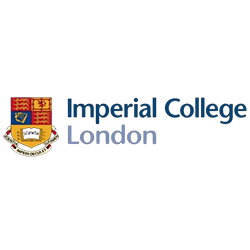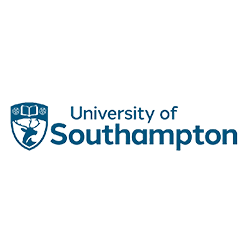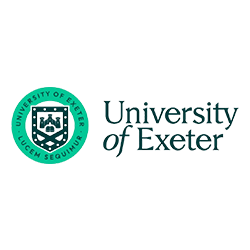Medicine and Pharmaceutical
A postgraduate medicine and pharmaceutical degree allows students to advance their expertise in medical sciences, drug development, and healthcare innovation, while gaining the skills to translate research into practice. It provides a strong academic and clinical foundation while offering opportunities to specialise in areas such as pharmacology, medicinal chemistry, biotechnology, clinical research, and personalised medicine.
The programme offers the opportunity to study core subjects including advanced human physiology, molecular pharmacology, drug formulation, clinical trials, and regulatory affairs. Many courses also integrate laboratory research, hospital or industry placements, and interdisciplinary projects, enabling students to apply scientific knowledge to real-world healthcare and pharmaceutical challenges.
Why study Postgraduate Degree in Medicine and Pharmaceutical?
Studying medicine and pharmaceutical sciences at postgraduate level is a chance to combine research with clinical and industrial application, preparing graduates for advanced careers in medical research, drug development, biotechnology, and healthcare management. It also provides a strong platform for doctoral research, clinical specialisation, or leadership roles in global healthcare and pharmaceutical industries.
Top Ranking Universities List for Civil Engineering
Entry Requirements
Academic Requirements
- Undergraduate degree in a relevant field, such as medicine, biomedical science, pharmacy, pharmacology, biochemistry, or related life sciences.
- Typical requirement: UK 2:1 or strong 2:2 equivalent.
- For clinical postgraduate programmes (e.g., MSc Clinical Medicine, Surgery, or Advanced Practice), applicants are usually required to hold a recognised medical or healthcare qualification (MBBS, BDS, Nursing, Allied Health).
- For pharmaceutical sciences or drug development pathways, applicants with chemistry, biology, or biotechnology degrees may also be considered.
- International qualifications must meet UK equivalency standards (verified through UK ENIC if required).
Work Experience Requirements
- Taught MSc programmes in pharmaceutical sciences or medical sciences: Work experience is not always required, suitable for graduates of relevant disciplines.
- Clinical or professional practice-focused programmes: Typically require professional registration and work experience in healthcare, medicine, or pharmacy.
- Internships, research projects, or professional experience in healthcare, pharmaceuticals, biotechnology, or clinical research are highly valued.
English Language Requirements
- IELTS Academic: Overall 6.5–7.0, with no band lower than 6.0.
- TOEFL : Overall score of 90–100.
- PTE Academic: Overall 62–70.
- Exemptions may be granted if previous study was undertaken in
- English or if applicants are practising in an English-speaking healthcare environment.
Additional Application Documents
- Official academic transcripts and degree certificates (with certified translations if required).
- Personal statement outlining academic background, research or professional interests, and career ambitions in medicine or pharmaceutical sciences.
- CV or résumé highlighting education, professional experience, research projects, and clinical or laboratory skills.
- Two references (academic or professional; clinical programmes may require professional references from supervisors or employers).
- Proof of English language proficiency (if applicable).
- Some universities may require professional registration (e.g., GMC, GPhC, NMC) for clinical or practice-based postgraduate programmes.














